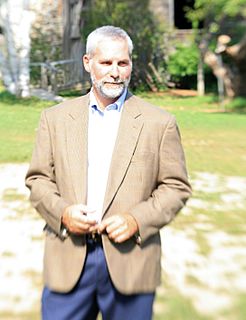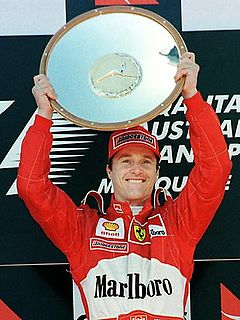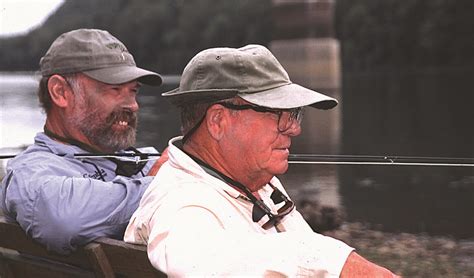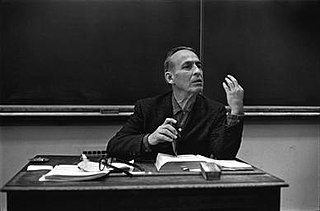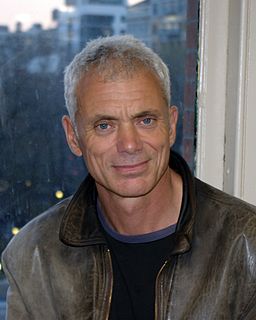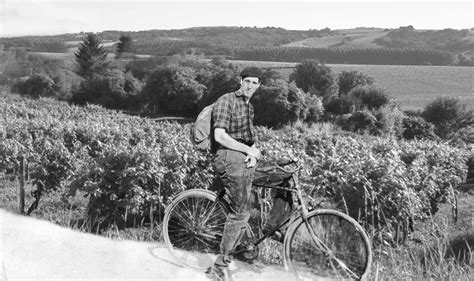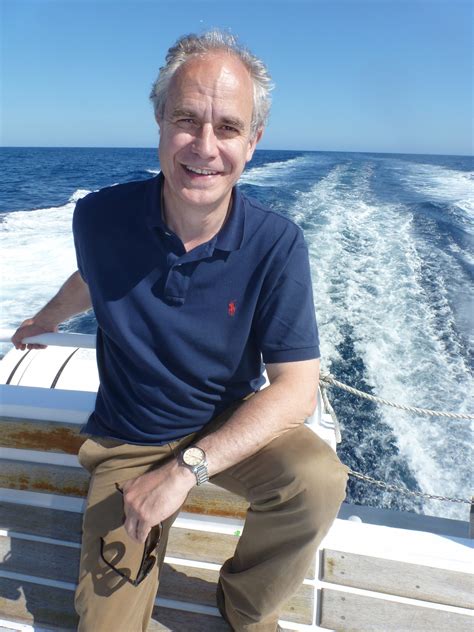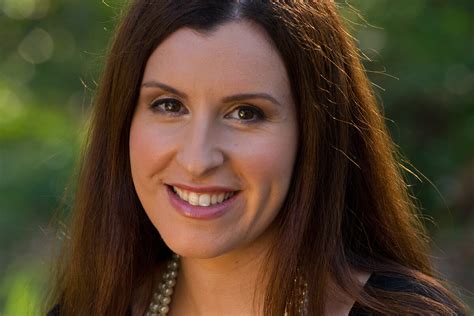A Quote by Joseph Monninger
I am almost certain fishermen posess a peculiar bend to their makeup. Fisherman are optimists, and the fish in the future is always preferable to the fish at hand. Even the best fishermen catch fish only a small percentage of the time, which means we persevere in a sport that features failure as its main ingredient. Truly great days, when the fish hammer the fly as soon as it lands on the water are rare.
Related Quotes
Anglers who see fish exceptionally well can fish successfully in less productive water than anglers who don't. Fishermen love equipment and are always looking for mechanical advantages, but there is nothing to compare with learning to see well; if you see well enough, you can walk out in the mud with no boat and catch fish.
Allowing the fly to sink to the fish's level, the angler makes a retrieve. The fly comes directly at the fish, which suddenly sees its approach. As the small fly get nearer, the fish moves forward to strike, but the tiny fly doesn't flee at the sight of the predator. Instead it continues to come directly toward the fish. Suddenly the fish realizes intuitively that something is wrong(its never happened before), so it flees until it can assess the situation. An opportunity for the angler has been lost.
Of course, now I am too old to be much of a fisherman, and now of course I usually fish the big waters alone, although some friends think I shouldn't. Like many fly fishermen in western Montana where the summer days are almost Arctic in length, I often do not start fishing until the cool of the evening. Then in the Arctic half-light of the canyon, all existence fades to a being with my soul and memories and the sounds of the Big Blackfoot River and a four-count rhythm and the hope that a fish will rise.
The process could be likened to relaxing on a riverbank and watching a fish leap out of the water, sparkle for a moment in the sunlight, then dive back in a graceful arc. There is no need to engage in a mental dialogue about the merits and demerits of the fish, emotionally react to the fish, or jump into the water to try to catch the fish. Once the fish is out of sight, it should also be out of mind.
Catching fish is not a mental game between fish and angler. A 'smart' trout is only smarter than other trout, not smarter than a fisherman. An angler must take the puzzle of the day's conditions, and matching those conditions and his knowledge of the fish come up with a good catch. He competes with a concept, not with a fish's brain.
Increasingly, we will be faced with a choice: whether to keep the oceans for wild fish or farmed fish. Farming domesticated species in close proximity with wild fish will mean that domesticated fish always win. Nobody in the world of policy appears to be asking what is best for society, wild fish or farmed fish. And what sort of farmed fish, anyway? Were this question to be asked, and answered honestly, we might find that our interests lay in prioritizing wild fish and making their ecosystems more productive by leaving them alone enough of the time.
The natives of British Columbia live largely upon the fish which abound in their seas and rivers. If the fish do not come in due season, and the Indians are hungry, A Nootka wizard will make an image of a swimming fish and put it into the water in the direction from which the fish generally appear. This ceremony, accompanied by a prayer to the fish to come, will cause them to arrive at once.
Once upon a time, a fisherman went out to sea. He caught many fish and threw them all into a large bucket on his boat. The fish were not yet dead, so the man decided to ease their suffering by killing them swiftly. While he worked, the cold air made his eyes water. One of the wounded fish saw this and said to the other: "What a kind heart this fisherman has- see how he cries for us." The other fish replied: "Ignore his tears and watch what he is doing with his hands.
